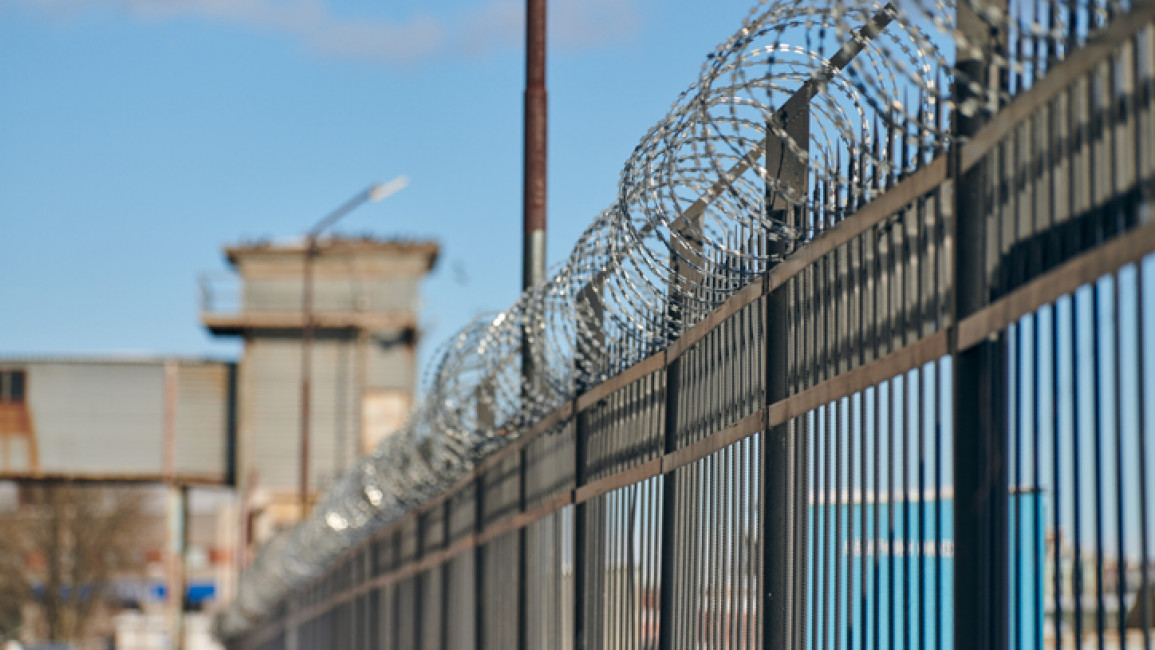Tunisia military court 'consolidates dictatorship' with jailing of four opposition MPs
Four opposition lawmakers from Tunisia's dissolved parliament were jailed on Tuesday by a military court, their lawyer said, the latest human rights abuses following President Kais Saied's seizure of power last year.
Saif Eddine Makhlouf, the head of the conservative Karama Party, and three other party members were charged with assaulting policemen last year during an incident at Tunis airport in which they said officers were preventing a woman from travelling. They denied the charge.
The military court issued 5-month prison sentences for Makhlouf and Nidhal Saoudi and 3-month terms to Mohamed Affas and Meher Zid, their lawyer Anaour Awled Ali told Reuters.
Rached Ghannouchi, the leader of the Ennahda party and speaker of the dissolved parliament, said "the trials are a consolidation of dictatorship".
"The coup authority continues the method of mass trials in order to strike and besiege different opinions," he said.
On 25 July 2021, Saied dismissed the prime minister, suspended parliament, and assumed all governing powers, a move described by Tunisian opposition parties as a coup.
Since Saied's intervention, several senior politicians and business leaders have been detained or prosecuted, many of them on charges of corruption or defamation. The politicians lost their immunity from prosecution after parliament was dissolved.
Saied has promised to uphold the rights and freedoms won in Tunisia's 2011 revolution, which ushered in democracy and triggered the "Arab Spring" uprisings across the region.
Saied faces internal and external criticism that he uses the judiciary, including the military, against his opponents. He rejects this and says that he will not be a dictator.


![Minnesota Tim Walz is working to court Muslim voters. [Getty]](/sites/default/files/styles/image_684x385/public/2169747529.jpeg?h=a5f2f23a&itok=b63Wif2V)




![Debris near Rafic Hariri International Airport [Getty]](/sites/default/files/styles/image_330x185/public/2176162423.jpeg?h=a5f2f23a&itok=MCSK9mkM)
![An Israeli air strike on Jabalia killed teenage journalist Hassan Hamad [Screengrab/X]](/sites/default/files/styles/image_212x120/public/2024-10/hassan%20hamad1.jpg?h=c12e0b96&itok=KstD_5xk)
